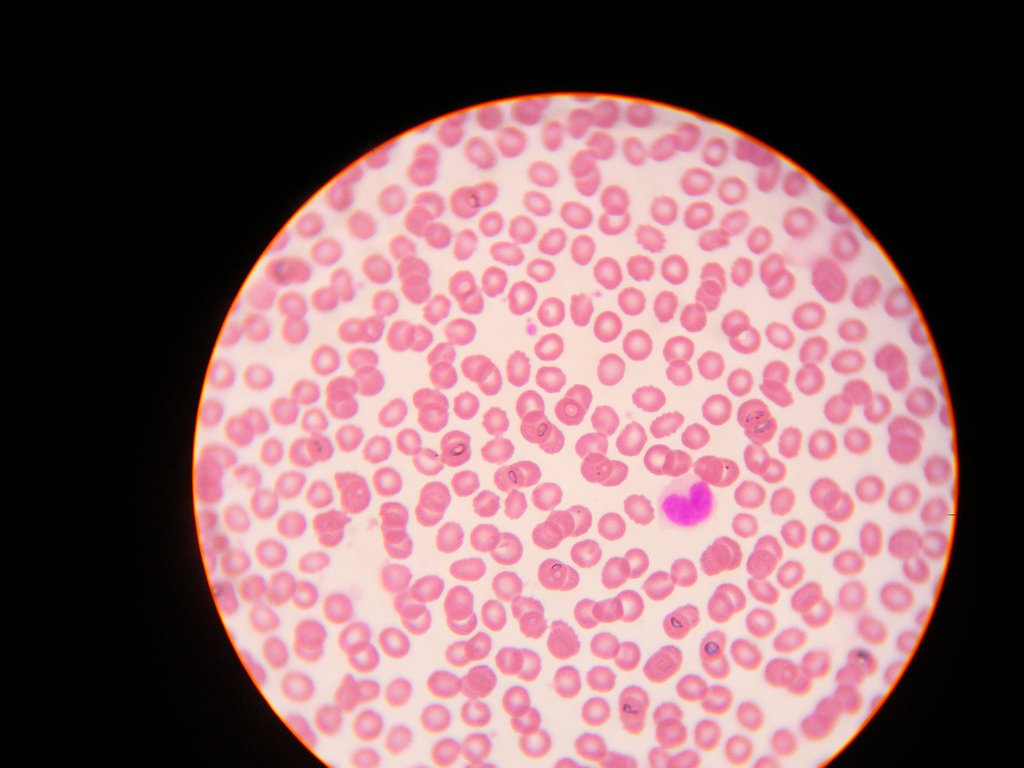With a median survival rate of just five to seven years, Mantle Cell Lymphoma (MCL) is considered the most aggressive blood cancer, and despite the progress in genetic-based cancer treatments, researchers have yet to develop an effective method for treating this rare form of lymphoma.
SEE ALSO: Medical Breakthrough: Israeli Researcher Predicts Where Cancer Will Spread
However, a novel method developed in Israel successfully locates and blocks the reproduction of a cancer-related protein in white blood cells, suggesting that a cure for MCL, as well as other blood cancers, may be within reach. The study was led by Tel Aviv University’s Prof. Dan Peer.
Gene silencers
“MCL has a genetic hallmark,” Peer said in a statement. “In 85 percent of cases, the characteristic that defines this aggressive lymphoma is the heightened activity of the gene CCND1.” When over-expressed, the CCND1 gene produces too much of a protein called Cyclin D1, sometimes 3,000 – 15,000 times too many.
To reduce and regulate protein production, Peer has been investigating an approach called siRNA, or small interfering RNA. A synthetic strand of RNA molecules, siRNA is basically a gene silencer, designed to specifically target a particular messenger RNA (RNA molecules that convey genetic information from the DNA to the ribosomes, where protein is produced) and disable its ability to express a specific gene.
In principle, any gene can be knocked down by a siRNA strand, and has thus drawn keen interest from geneticists and drug developers since its discovery in 1999. However, in practice, siRNA has shown different levels of effectiveness; some cells respond well, whereas others show no knockdown. Delivering siRNA to white blood cells has proven especially difficult because they are dispersed throughout the body, and have thus far been resistant to conventional siRNA strands.
Sign up for our free weekly newsletter
SubscribeSEE ALSO: Will IBM’s Super Computer ‘Watson’ Treat Cancer?
To better guide siRNA, researchers in Peer’s lab designed lipid-based nanoparticles (LNPs) coated with antibodies that specifically target the CCND1 gene. When loaded onto these LNPs, siRNA effectively induced gene silencing in MCL cells and prolonged survival of tumor-bearing mice with no observed adverse effects, the researchers found.
Personalized medicine
The drug developed in Peer’s lab points to the potential of personalized medicine in the treatment of cancers, which display wide genetic variety even within the same pathology. “MCL is a disease with a specific genetic hallmark, so you can sequence the patient to identify the mutation(s), and design RNA blockers to be placed inside a nano-vehicle,” according to Peer. “However, the delivery system can be used to accommodate any disease with a [known] genetic profile. This could be the future. We are seeing it happen before our very eyes.”
The research, whose results were recently published in the scientific journal Proceedings of the National Academy of Sciences of the USA, was led by Peer, and conducted by Ph.D. students Shiri Weinstein and Itai Toker, in collaboration with Prof. Pia Raanani of Israel’s Rabin Medical Center and Prof. Arnon Nagler of Sheba Medical Center. Peer’s laboratory is funded by the National Institutes of Health in Bethesda, Maryland.
Photos: Wellcome Images; The Franklin Institute; Alkhwarizmi Center for Bioinformatics
Related posts

Israeli Medical Technologies That Could Change The World

Harnessing Our Own Bodies For Side Effect-Free Weight Loss

Missing Protein Could Unlock Treatment For Aggressive Lung Cancer






Facebook comments